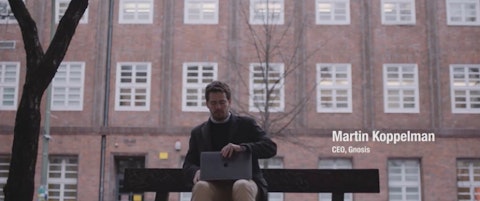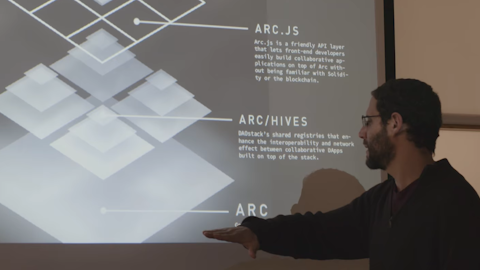Blockchain technology is causing many kinds of unprecedented and unexpected disruptions in the global economic landscape. To start with, cryptocurrencies are forcing us to rethink the concept of money as more people continue to laud the obvious benefits of decentralized money over government issued fiat currencies. Smart Contracts are being leveraged to create trust in “trustless” business transactions that would have previously required the services of middlemen and brokers.
Now, blockchain technology is shaping up to be a tool for changing how businesses run and operate using decentralized autonomous systems (DAOs). A decentralized autonomous organization is a business, company, enterprise, or market in which there’s no central authority and decisions are executed within a flexible smart contract framework that takes into cognizance the input of all relevant stakeholders. This piece examines the key pitfalls of current centralized organizations models with a view to explaining how blockchain technology is birthing innovative organizational strategies.

Centralized organizational structures is often a death trap for growth
Most of the businesses and organizations running today’s economy have a centralized organizational structure. When the organization is small, the centralized structure works great – someone is in charge of seeing to the day-to-day operational efficiencies and the “boss” has a decent oversight of what different parts of the organization are doing per time.
However, as the organization grows, the rigid centralized structure starts becoming ineffective, inefficient, bureaucratic, and costly to manage. The worst part is the central authority often ends up being disconnected from what’s happening in many of the key areas of the organization.
The more worrisome problem is that rapidly-growing organizations must often deal with extensive internal conflict and friction; hence, more times is spent politicking than on getting stuff done. On the other hand, choosing to remain small puts the company at risk of being incapable of thwarting external competition, especially from a larger rival or a coalition of smaller rivals.
Evolution however teaches us that animals often sacrifice speed/mobility for size and the biggest animals are not the fastest. Businesses often tend to lose their agility and ability to respond effectively to change (see old Microsoft) as they grow bigger, unless they allow their different units to maintain some level of autonomy (think Alphabet). Hence, organizations or businesses that want to stay grow without losing their agility must find ways to creatively balance size with a proactive organizational structure.
Here’s how DAOstack wants to birth an operating system for collective intelligence
DAOstack is setting up shop as an operating system for DAOs through which people who believe in creating open-source projects can collaborate to create decentralized applications (DApps). Blockchain technology is redefining business, markets, and economies and hundreds of traditional companies are exploring ways to transition into the blockchain while thousands of startups are exploring ways to leverage blockchain to push the incumbents out of the limelight.
Interestingly, the decentralized nature of blockchain projects means that they often start out with thousands of community members, supporters, and collaborators. DAOstack is providing blockchain companies with the tools they need to create their DApps and manage their budgeting, decision making, and collective resource management activities.
With DAOstack, blockchain companies can leverage DAOstack’s Arc framework to build an adaptive organizational structure that supports a practically infinite number of governance protocols. DAOstack also makes it easy for organizations to build modular governance structures made up of small building blocks that they can edit, merge, or remove as the needs arise.
A decent example of a blockchain project leverage DAOstack to build Dapps is Gnosis. Gnosis is a prediction market platform that allows people to participate in the prediction market to unleash the wisdom of crowd to help people make potentially smarter decisions. In exchange, the people making predictions get to win GNO tokens to incentivise them to make well-thought out predictions.
The best part is that DAOstack enables the cocreators to distribute individual ownership in the product to all users providing value through such products. Hence, a product such as YouTube or TripAdvisor built on blockchain with DAOstack can run autonomously while returning value to people who create videos (in the case of YouTube) or people who provide reviews (in the place of TripAdvisor).
